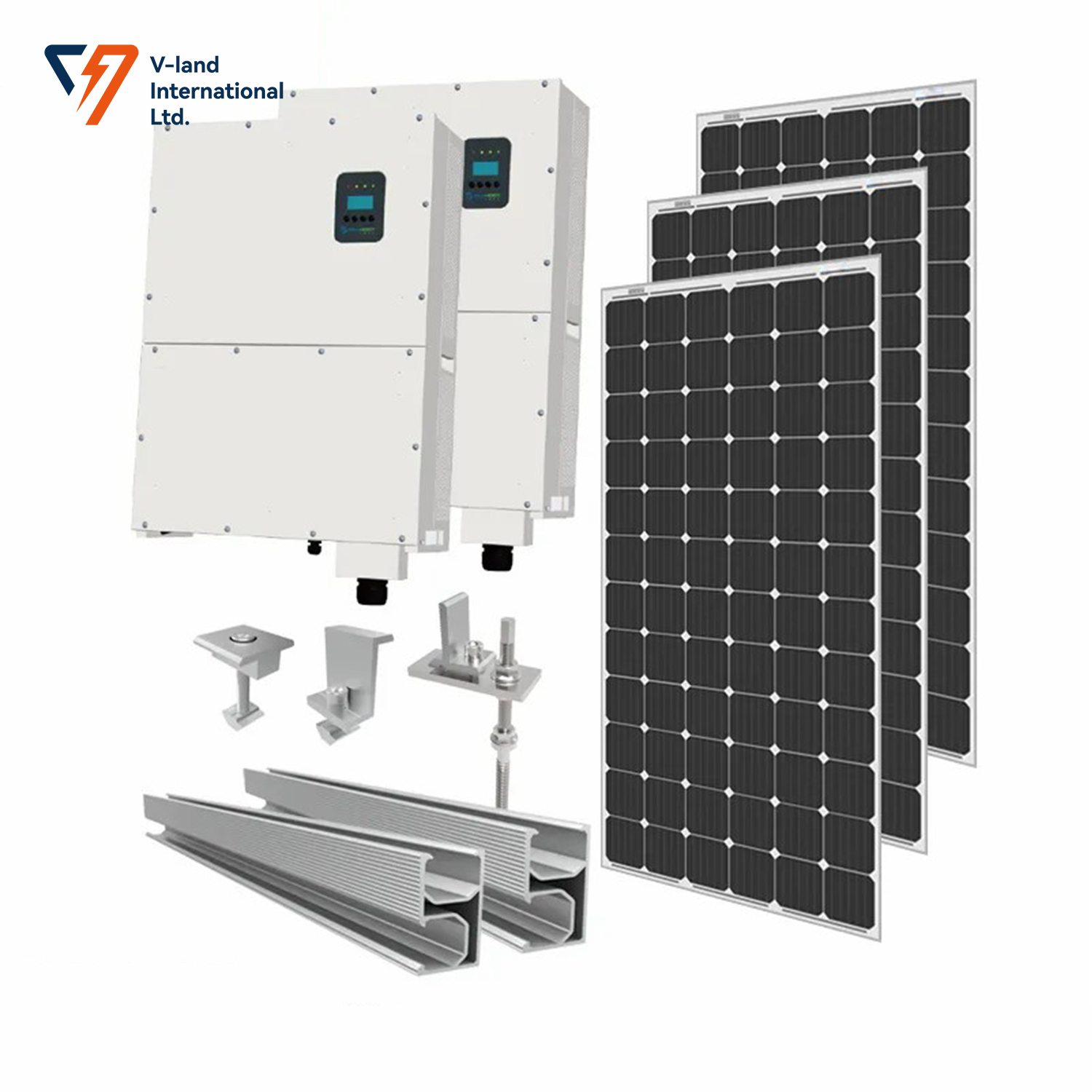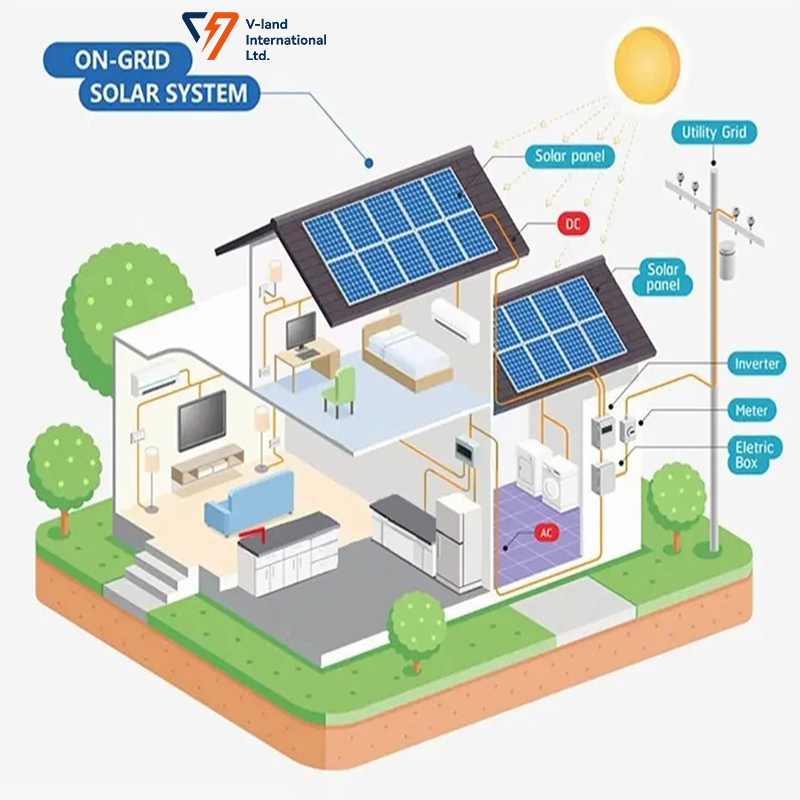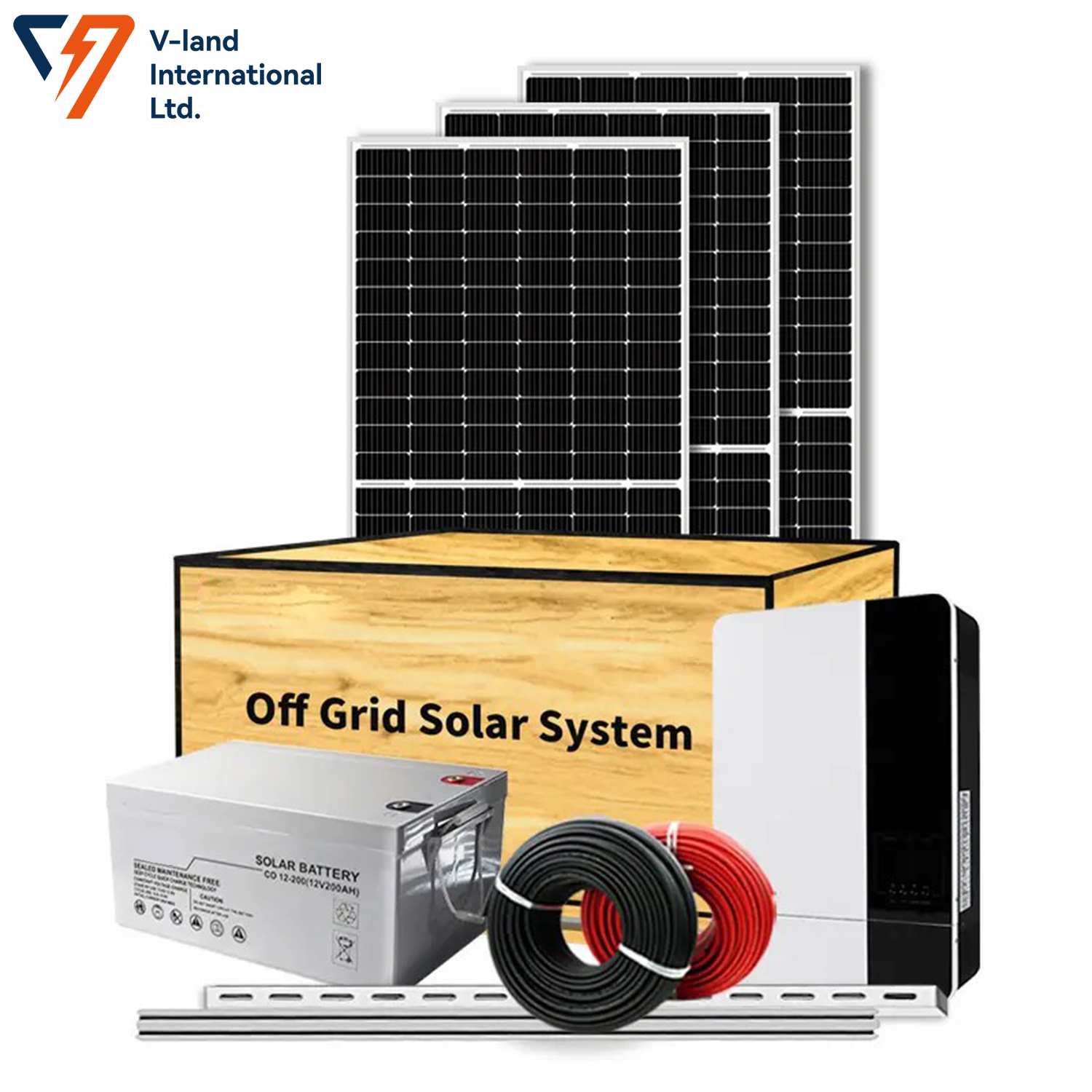Solar energy systems have become an essential part of modern energy solutions, providing sustainable and renewable energy options for homes and businesses. As the demand for clean energy continues to grow, understanding the different types of solar energy systems is essential to making an informed decision. This article will explore the various solar energy systems, focusing on their features, benefits, and how they can be customized to meet individual energy needs.

One of the most common types of solar energy systems is a grid-tied solar system. This setup consists of solar panels and a grid-tied inverter, allowing homeowners to generate electricity from sunlight and sell excess electricity back to the grid. In this arrangement, solar panels convert sunlight into electricity that can be used immediately for household needs. Any excess energy generated can be fed back into the grid, providing a financial return through net metering. This type of solar energy system is ideal for those who want to maximize their energy savings while contributing to the grid's renewable energy supply.
Another popular option is a hybrid solar system, which combines solar panels, inverter, and batteries for energy storage. This system allows users to store excess electricity generated during the day for use at night or on cloudy days. By integrating energy storage, homeowners can ensure continuous power supply and reduce their reliance on the grid. This flexibility is especially beneficial for people who live in areas with unreliable grid access or who want to remain energy independent. The ability to use stored energy during peak times can also result in significant savings on electricity bills.


Standalone solar systems are an excellent choice for those seeking an off-grid solution. These systems are completely independent of the grid and come with solar panels, inverters, and battery storage. Standalone solar systems are ideal for remote areas without access to the grid. They provide reliable power for a variety of applications, from powering cabins and RVs to supporting agricultural operations. While the initial investment may be higher, the long-term benefits of energy independence and reduced utility costs make standalone systems an attractive option for many people.
When considering the type of solar energy storage system, it is crucial to evaluate your energy consumption patterns and needs. For example, if you primarily use electricity during the day, then a grid-connected system may be sufficient. However, if you need electricity at night or have higher energy needs, then investing in a hybrid or standalone system with energy storage capabilities will be more beneficial. By evaluating your specific requirements, you can choose a solar energy system that best matches your lifestyle and energy goals.
In summary, solar energy systems offer a variety of options to meet different energy needs. From grid-connected systems that easily integrate with existing grids to hybrid and standalone systems that provide energy independence, there is a solar energy solution for everyone. By understanding the different types of solar energy systems, you can make an informed decision that will not only benefit your family, but also help achieve a more sustainable future. Embrace the power of solar energy and take the first step towards a greener, more efficient energy solution today.
Post time: Dec-27-2024

